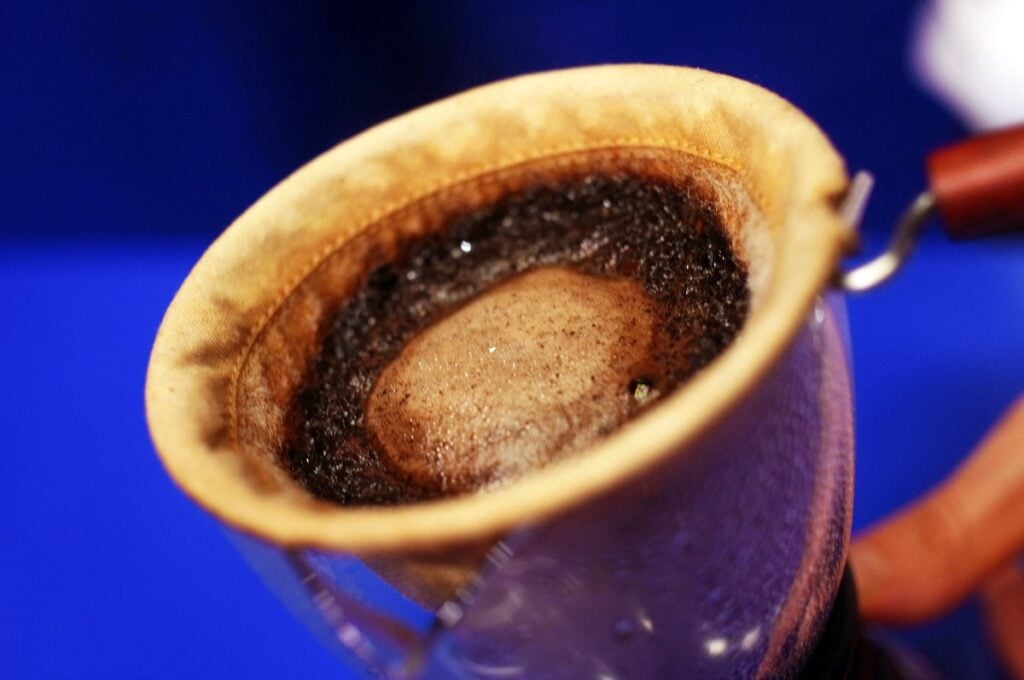Honda is recalling more than 65,000 of its 2013 Honda Accord sedans because of driveshaft problems that could create dangerous situations on the road. The recall only affects models with four-cylinder engines and continuously variable transmissions (CVTs).
The issue comes from a specific lubricant used when the cars were built. This lubricant damages the protective coating on the driveshafts, leaving them open to rust when exposed to road salt and other winter chemicals. As the driveshaft corrodes, it can eventually break, causing two major safety problems: your car could suddenly lose power while you’re driving, or it might roll away when parked if you haven’t used the parking brake.
Since this problem happens because of road salt, the recall only involves vehicles sold or registered in states that use a lot of salt on winter roads. These “salt-belt states” include Connecticut, Delaware, District of Columbia, Illinois, Indiana, Iowa, Kentucky, Maine, Maryland, Massachusetts, Michigan, Minnesota, Missouri, New Hampshire, New Jersey, New York, Ohio, Pennsylvania, Rhode Island, Vermont, Virginia, West Virginia, and Wisconsin.
You might notice warning signs before the driveshaft breaks completely. Watch for unusual vibrations in your steering wheel or floor, clicking noises when turning, clunking sounds when accelerating, or your car feeling harder to control than usual.
Honda will send letters to affected car owners starting August 11, 2025. Local Honda dealers will check your driveshafts and replace them for free if needed. The new parts will use a better lubricant that won’t cause the same problem.
Similar Posts
This isn’t Honda’s first recall for driveshaft issues. In 2020, the company recalled about 430,000 vehicles, including some Accords from 2013-2015, for similar problems. Honda reported no crashes or injuries from that earlier recall.
To find out if your car is included in this recall, visit Honda’s recall website at www.recalls.honda.com or call Honda customer service at 888-234-2138. The official recall numbers are OM2 (Honda’s internal number) and 25V422 (NHTSA campaign number).
The best way to check is by entering your 17-digit Vehicle Identification Number (VIN), which you can find on your dashboard near the windshield on the driver’s side or on a sticker on the driver’s door frame. You can enter this number on Honda’s website or the National Highway Traffic Safety Administration’s recall checker.
If your car is affected, schedule the free repair as soon as possible. Remember that all safety recall repairs are free by law, even if you’re not the original owner or your warranty has expired.While waiting for repairs, make sure to use your parking brake whenever you park and pay attention to any unusual noises or handling problems with your car.



















